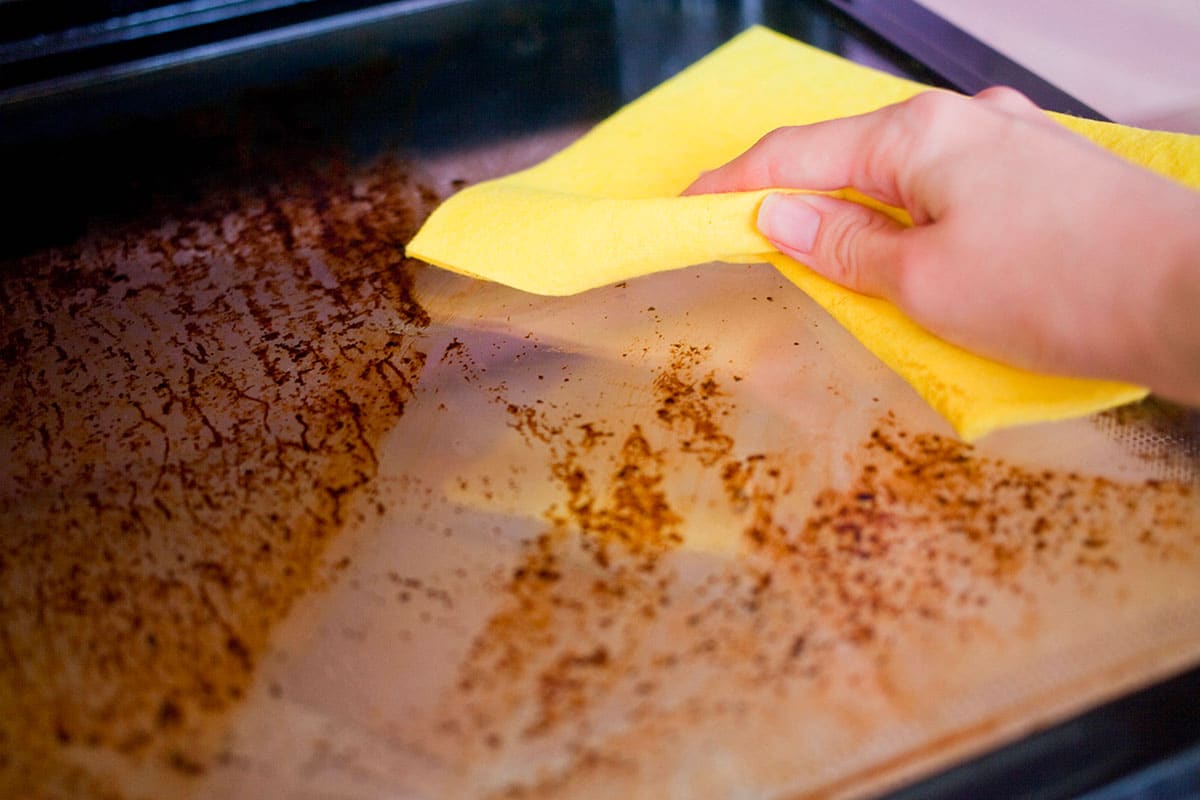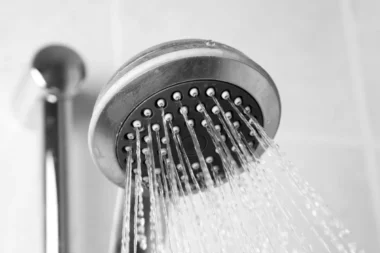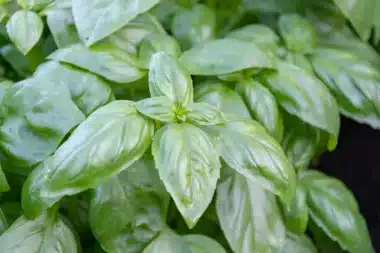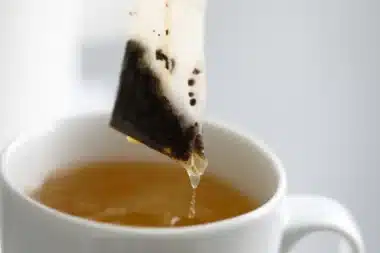Baking sheets are a must-have in any kitchen, but they can get grimy fast and mess with the way your treats turn out. Keeping them clean isn’t just about looking good—it really matters for food safety and how your baked goodies taste. Knowing how to clean and look after your baking sheets means every batch comes out just right.
Common causes of dirty baking sheets
One of the main reasons your baking sheets get dirty is because of old oil residue. Over time, that oil can go off (spoiled oil not only changes the flavor of your food but can also be risky for your health). As Jennifer, a baker and founder/CEO of Jennifer’s Homemade in Miami, Florida, puts it, “Old oil can go rancid and will make your food taste bad, and is generally bad for you.”
Another problem comes from leftover bits of baked goods clinging to the pan. These remnants can create uneven surfaces, which might cause parts of your food to cook faster or even burn, as explained by a senior product manager at GoodCook Bakeware and Food Storage who said residual baked goods can lead to those hot spots.
Also, the material of your baking sheet affects how you should care for it. Aluminum pans need a good hand wash since they’re not dishwasher safe, while nonstick baking sheets can go in the dishwasher—but keep in mind that dish detergents might wear out their coating over time.
How Much Water Do Tomato Plants Really Need? Here’s the One Answer You Should Follow
Effective cleaning methods
Keeping your baking sheets spotless means using cleaning methods that won’t damage them. One popular trick is making a baking soda and hydrogen peroxide paste. After you rinse and dry the sheet, mix ½ cup of baking soda with 2-3 tablespoons of hydrogen peroxide to form a paste. Spread it evenly over the sheet, let it sit for 15-20 minutes, give it a good scrub with a scour pad, then rinse off and dry completely.
Another way is to use baking soda and vinegar. Start by sprinkling baking soda on the sheet, then spray or pour white vinegar over it. Let it sit for 15-20 minutes, scrub with a scour pad, rinse, and dry.
A third method is to mix baking soda with dish soap. Rinse and dry your sheet first, sprinkle the baking soda over it, and then pour dish soap on top. Let it rest for 15-20 minutes, scrub well with a scour pad, rinse off any lingering residue, and dry.
Regular maintenance practices
If you want your baking sheets to last and perform well, it’s a good idea to clean them gently with dish soap after every use to stop buildup. For tougher grime or stains, you might want to give them a deep clean every few months.
Some experts prefer natural cleaning solutions over harsh chemicals like oven cleaners (which are pretty strong). As one expert from GoodCook Bakeware and Food Storage says, “I am sure oven cleaner can be used on baking sheets, but the chemicals are very strong… so I prefer a more natural cleaning method.”
Tools you’ll need to clean
Having the right supplies makes cleanup a breeze. You’ll want to keep on hand:
- Baking soda
- Hydrogen peroxide
- White vinegar
- Dish soap
- Water
- A clean towel or paper towels
- A small bowl
- Gloves
- And a scour pad
Plus, using parchment paper on your baking sheets while you cook can really help keep grease at bay and makes cleanup a lot easier. “It protects the baking sheet,” says Jennifer from Jennifer’s Homemade in Miami.
Taking care of your baking sheets like this means they’ll stay in great shape for years and keep your food tasting just the way it should—without any unwanted flavors or contaminants. Using these easy household ingredients and methods, you can keep your bakeware looking sharp without resorting to harsh chemicals or abrasive tools that might wear it down over time.







